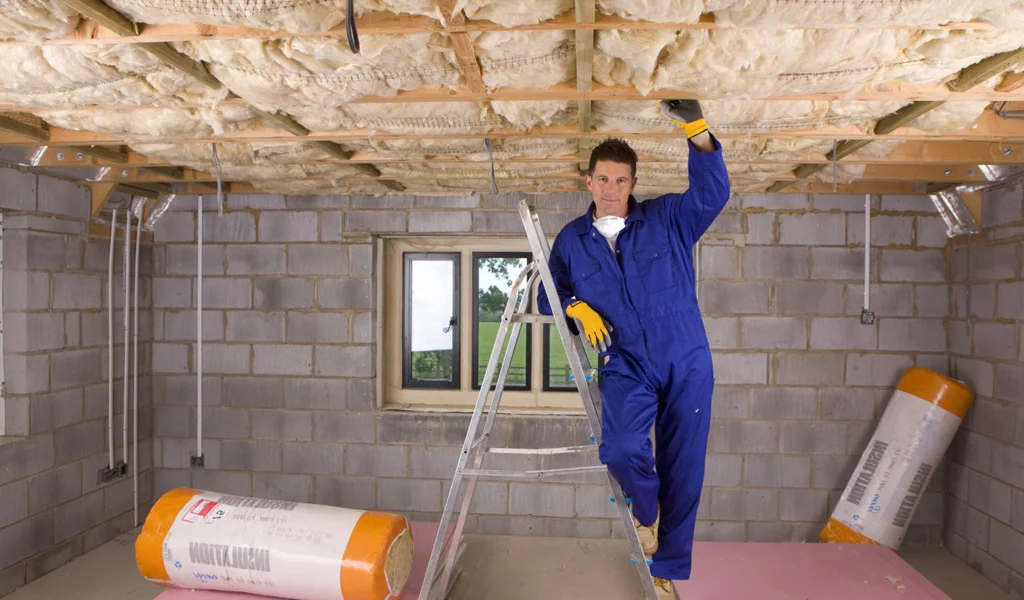Are you contemplating home improvements and wondering, “Should I Insulate Basement Ceiling?” Uncover the reasons, benefits, and considerations in this comprehensive guide. Learn how insulating your basement ceiling can transform your living space, providing comfort and energy efficiency.

Introduction: The Quest for a Cozier Basement – Should I Insulate Basement Ceiling?
As homeowners seek ways to enhance comfort and energy efficiency, insulating the basement ceiling emerges as a viable solution. In this guide, we delve into the question of “Should I Insulate Basement Ceiling?” exploring the factors that influence the decision and the potential advantages that come with this home improvement endeavor.
Weighing the Pros and Cons
Advantages of Insulating Basement Ceiling
- Temperature Regulation: Insulating the basement ceiling helps in maintaining a consistent temperature throughout the home. This can contribute to a more comfortable living environment, especially in extreme weather conditions.
- Energy Efficiency: A well-insulated basement ceiling can lead to energy savings by preventing heat loss. This is particularly relevant in homes with HVAC systems, as the insulation reduces the workload on heating and cooling appliances.
- Noise Reduction: Insulation acts as a sound barrier, reducing the transmission of noise between floors. This is beneficial for creating a quieter and more peaceful living space.
Considerations Before Insulating Basement Ceiling
- Existing Insulation: Assess the current insulation in your basement walls. If the walls are already adequately insulated, insulating the ceiling might provide diminishing returns. It’s essential to strike a balance to avoid over-insulation.
- Moisture Control: Basements are prone to moisture issues. Ensure that your basement is adequately waterproofed before considering insulation. Moisture can compromise insulation effectiveness and lead to mold growth.
Factors Influencing the Decision
Climate Considerations
The decision to insulate your basement ceiling can be influenced by the climate in your region. In colder climates, insulation is crucial for retaining heat, while in warmer climates, it may be less of a priority.
Intended Use of Basement Space
Consider how you plan to use your basement. If it’s primarily a storage area, insulation might be less critical. However, if you intend to use the space as a living area, office, or recreational space, insulation becomes more important for comfort.
Installation Options and Materials for Insulating Basement Ceiling
Types of Insulation Materials
- Fiberglass Batts: Easy to install, fiberglass batts are a popular choice. They come in rolls and are placed between joists.
- Spray Foam Insulation: Provides excellent coverage, filling gaps and crevices. It’s effective in both insulation and moisture control.
- Rigid Foam Insulation: Ideal for areas with limited space, rigid foam boards are durable and moisture-resistant.
Read too: Discover the Allure of Hunter Douglas Wood Ceiling Designs: Enhancing Spaces with Elegance
Conclusion: Making an Informed Decision on Insulating Basement Ceiling
In conclusion, the decision of “Should I Insulate Basement Ceiling” depends on various factors unique to your home and needs. By weighing the advantages, considering climate and usage, and exploring insulation options, you can make an informed decision that enhances the comfort, energy efficiency, and overall livability of your home.